Car horns are supposed to be a safety warning signal, but in many places, especially in urban areas, they are abused indiscriminately. This behavior not only causes noise pollution, reduces the quality of life of the community, but also disrupts the calmness and concentration of other traffic participants.
Many drivers honk their horns not for urgent reasons, but to urge, express frustration or simply to “vent” their mood. Illustration: Car and Driver
In areas near hospitals, schools, residential areas or at night, the loud sound of car horns also directly affects the health of patients, the sleep of children and the elderly. More broadly, the arbitrary honking reflects the habit of driving without restraint, lack of respect for others, and goes against the principles of civilized traffic.
Many countries, including Vietnam, have clearly defined cases where horn use is allowed and places and times when horn use is prohibited, and have imposed strict penalties for violations.
Specifically, Article 21 of the 2024 Law on Road Traffic Order and Safety stipulates the use of vehicle horn signals as follows:
1. The horn signal of a vehicle participating in road traffic may only be used in the following cases:
- Signal to road users when a situation that may endanger traffic safety occurs;
- Signal to prepare to overtake.
2. Do not use the horn continuously; do not use the horn with an incorrect volume; do not use the horn from 10:00 p.m. the previous day to 5:00 a.m. the following day in densely populated areas, medical examination and treatment facilities, except for priority vehicles.
Thus, it can be understood that drivers are only allowed to honk their horns when participating in road traffic in two cases: To signal to road users when a situation that may endanger traffic safety occurs and to signal preparation to overtake.
In cases where drivers deliberately use their horns "indiscriminately", they may be fined very heavily by traffic police according to Decree 168/2024/ND-CP.
Specifically, for cars , the act of using the horn from 10pm the previous day to 5am the next day in densely populated areas, medical examination and treatment facilities, except for priority vehicles on duty as prescribed, will be fined from 400-600 thousand VND (according to Clause 1, Article 6 of Decree 168).
In case a car driver uses a horn continuously, uses an air horn... the driver will be fined from 800 thousand to 1 million VND (according to Clause 3, Article 6 of Decree 168). In case of driving a car with a horn installed or used with a volume exceeding the prescribed volume, the driver will be fined from 3-4 million VND (according to Clause 5, Article 13 of Decree 168).
For motorbikes , the act of using the horn from 10pm the previous day to 5am the following day in densely populated areas, medical examination and treatment facilities, except for priority vehicles on duty as prescribed, will be fined from 200-400 thousand VND (according to Clause 1, Article 7 of Decree 168).
In particular, motorcyclists who honk or rev their engines continuously in densely populated areas or medical facilities, except for priority vehicles on duty as prescribed, may be fined VND8-10 million according to Clause 9, Article 7 of Decree 168; and their driving licenses may be revoked for 10-12 months.
No honking in areas behind the "populated" sign from 10pm to 5am.
Experts say that the penalty for using the horn in violation of Decree 168 is not too severe, but just enough to create a deterrent effect, contributing to limiting the situation of "indiscriminate" honking on the streets. However, for the regulation to be effective, the authorities need to increase inspection and timely handling, especially in crowded urban areas - where the situation of indiscriminate honking is still common.
In addition to direct patrols, many opinions propose applying technology such as camera systems combined with sound sensors to detect and fine intentional violations. This method not only increases compliance but also contributes to building a civilized traffic environment, reducing noise pollution, protecting the quiet of the community, especially in residential areas, hospitals, and schools.
Source: https://baonghean.vn/nhung-noi-tuyet-doi-khong-duoc-bam-coi-xe-tai-xe-can-biet-de-tranh-bi-phat-nang-10304264.html








![[Photo] General Secretary To Lam attends the 80th anniversary of Vietnam's diplomacy](https://vstatic.vietnam.vn/vietnam/resource/IMAGE/2025/8/25/3dc715efdbf74937b6fe8072bac5cb30)




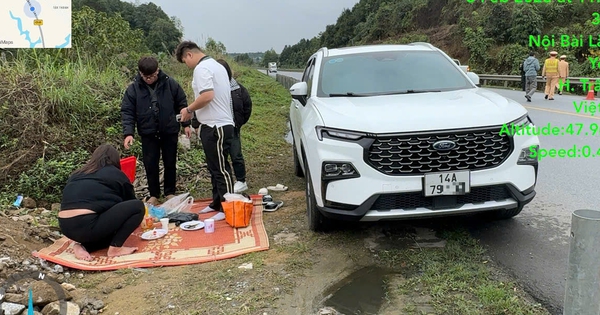
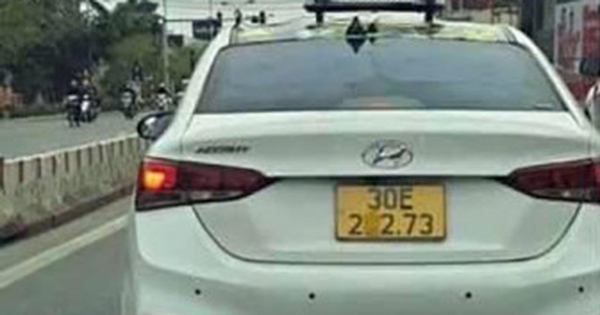
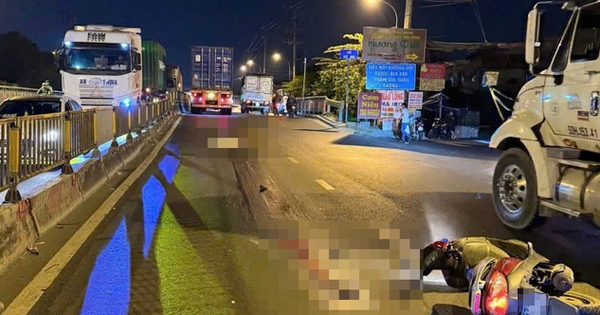
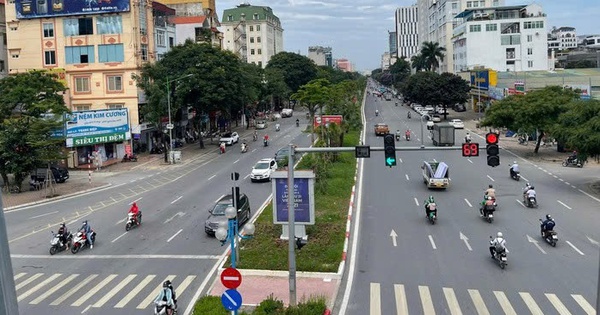



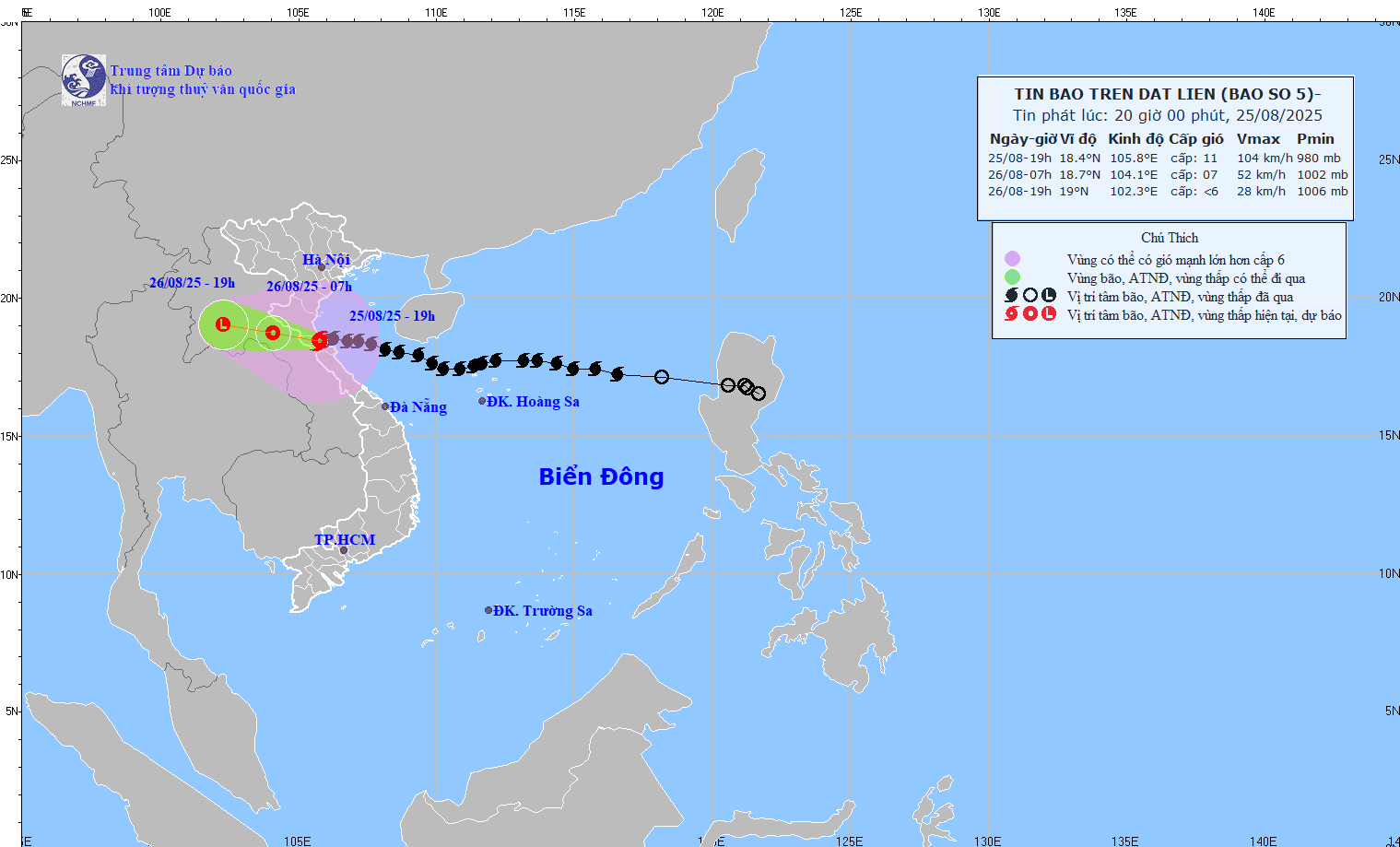
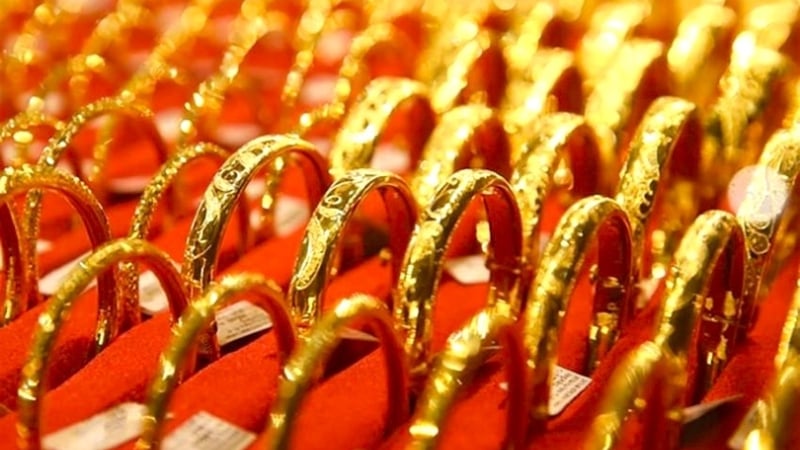

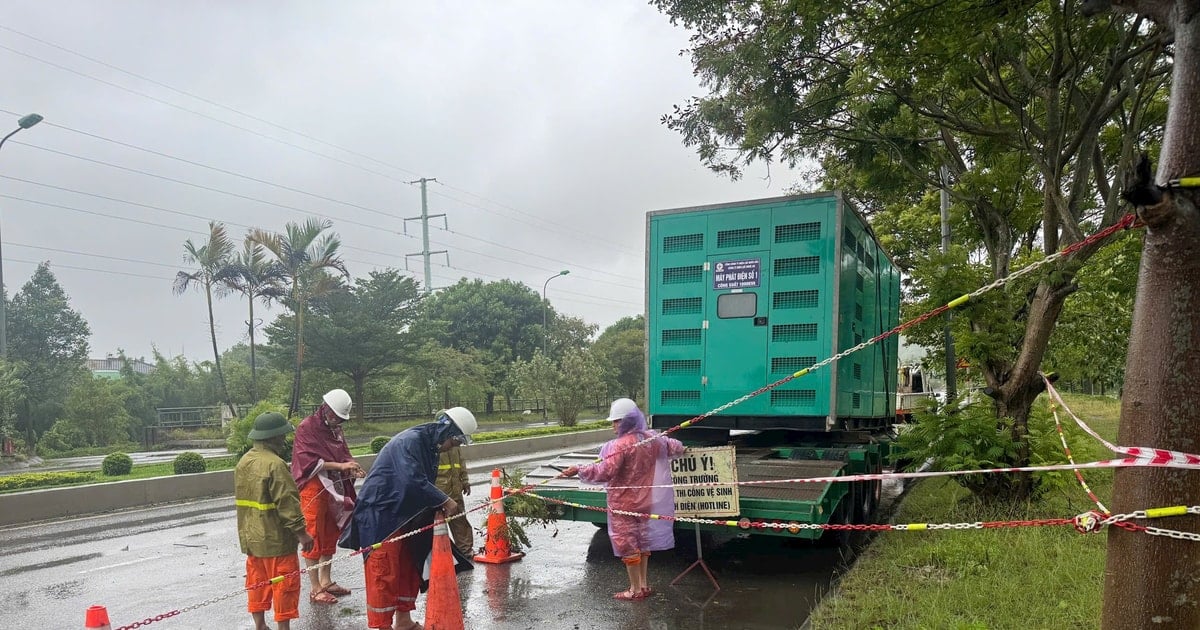
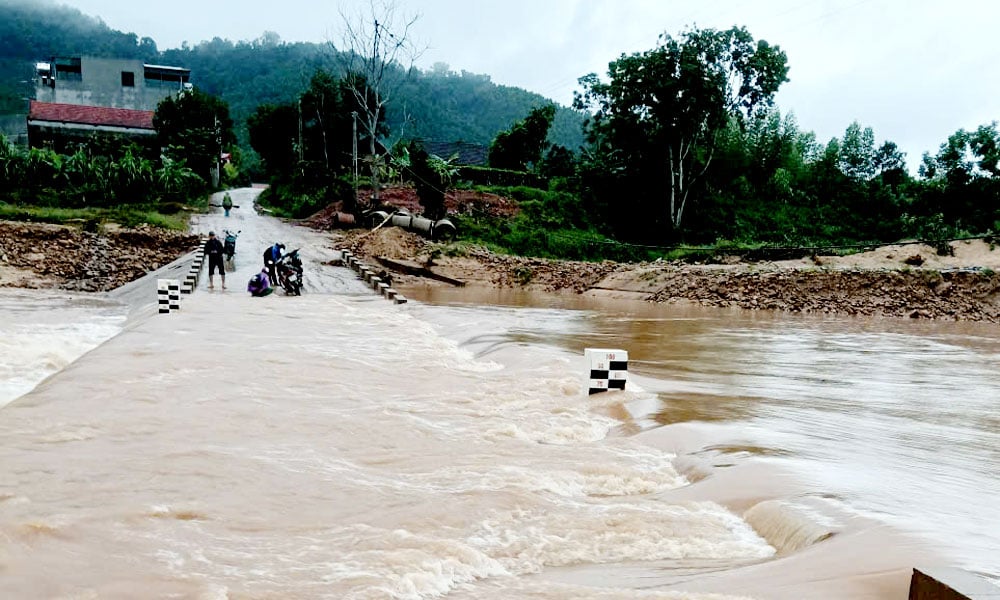









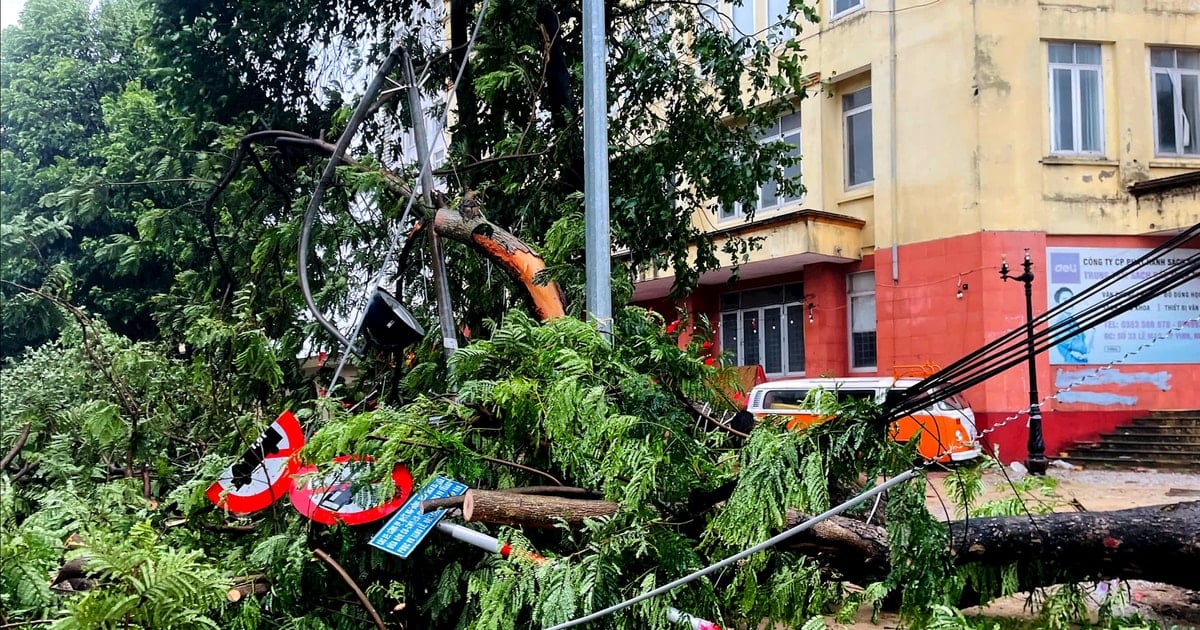
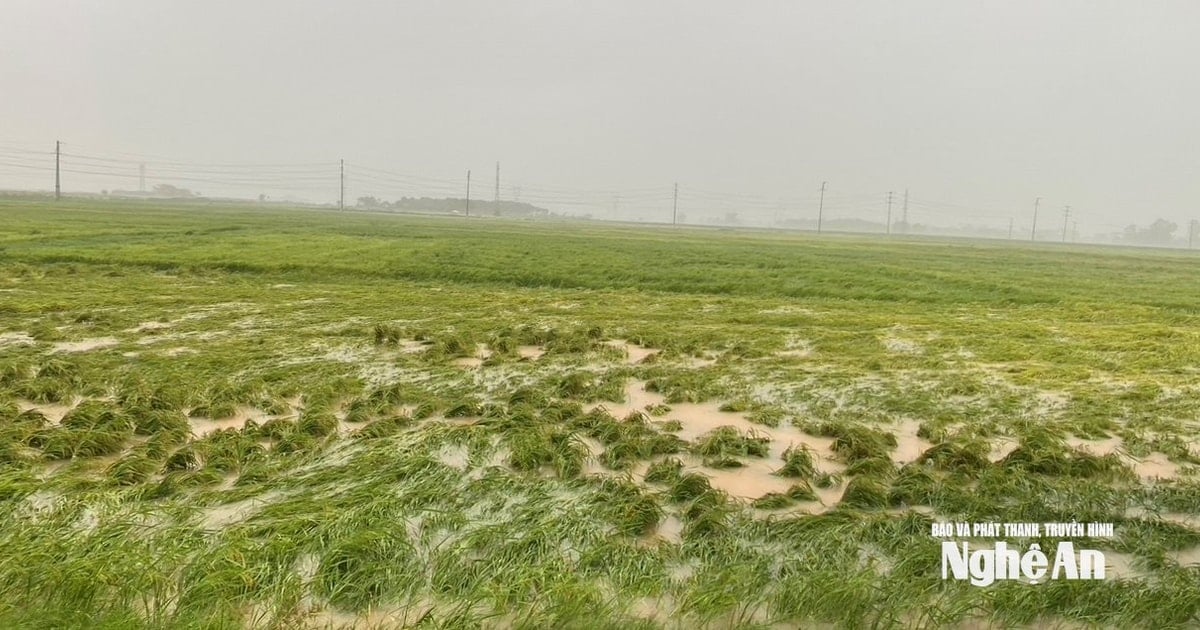


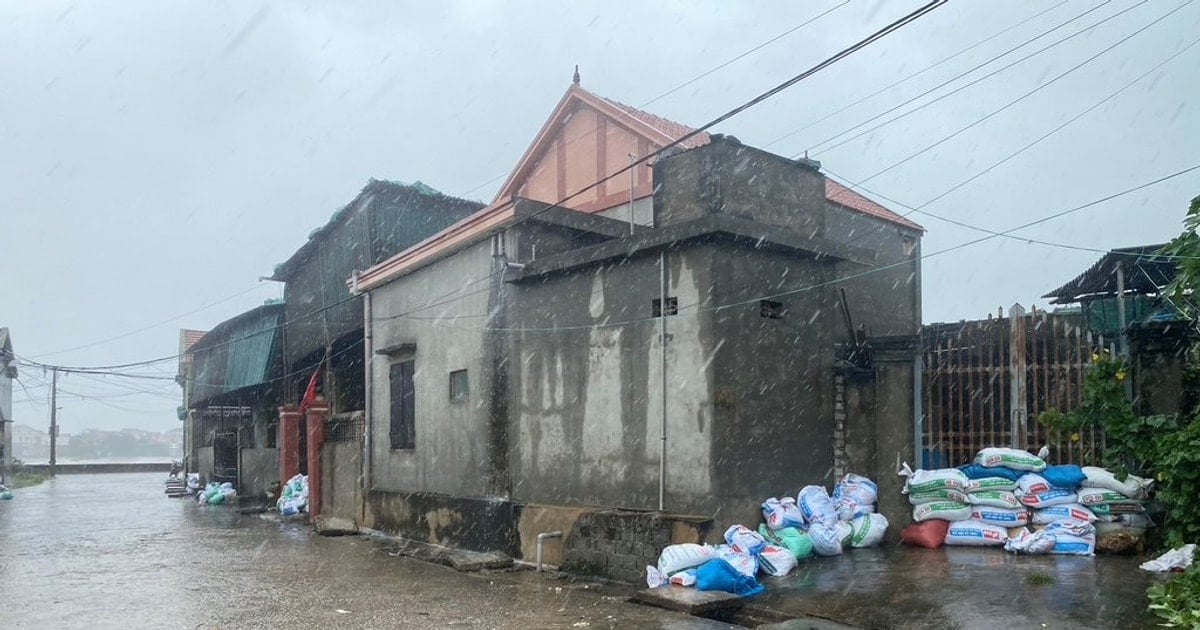

















































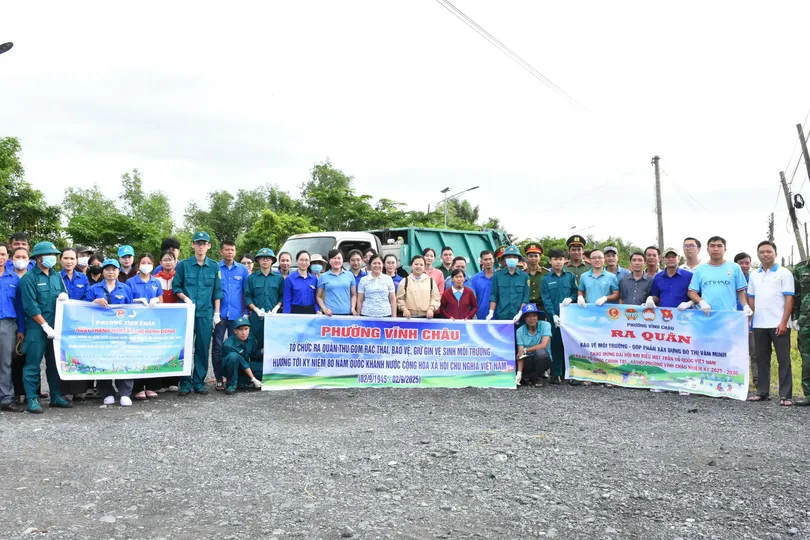






















Comment (0)